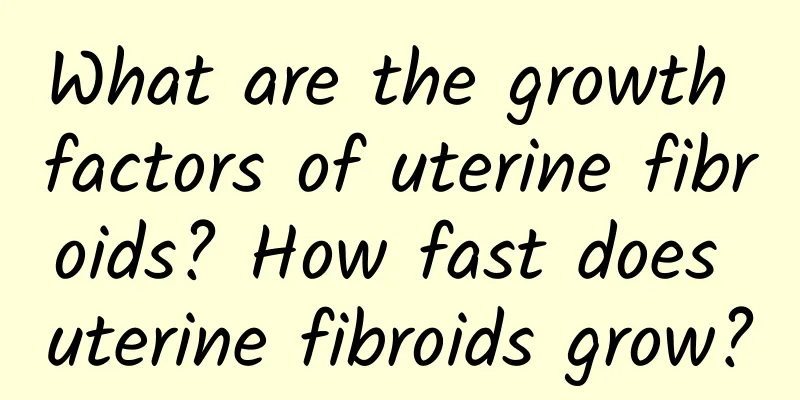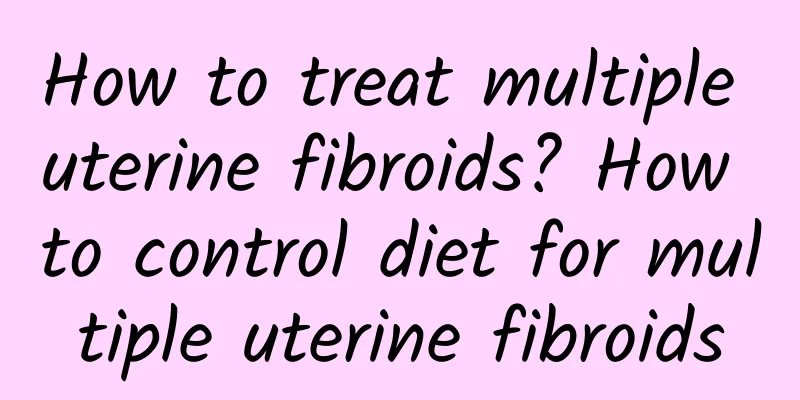What to do if the pain from Bartholinitis subsides?

|
If pain is still felt after the swelling of Bartholin's glands subsides, anti-inflammatory treatment should be continued and local care should be combined to relieve symptoms. Treatment methods include antibiotics, local hot compresses, sitting baths, etc. The cause of pain may be related to incomplete subsidence of inflammation or local tissue repair. 1. Antibiotic treatment: Bartholinitis is mostly caused by bacterial infection. Antibiotics should be continued to control infection after the swelling subsides. Commonly used drugs include cephalosporins, penicillins or quinolones. The specific choice should be determined based on the results of bacterial culture and drug sensitivity test. Oral or intravenous antibiotics can be used. The course of treatment is generally 7-10 days. The entire course of treatment should be completed according to the doctor's instructions. 2. Local hot compress: Hot compress can promote local blood circulation, accelerate the absorption of inflammation, and relieve pain. Use a towel soaked in warm water or a hot water bottle, the temperature is controlled at 40-45℃, and apply hot compress for 15-20 minutes each time, 2-3 times a day. Be careful to avoid burns when applying hot compress, and keep the local area clean and dry after hot compress. 3. Sitz bath: Sitz bath can clean the local area, promote inflammation and relieve pain. Use warm water or potassium permanganate solution, the water temperature is controlled at 37-40℃, and each sitz bath lasts 15-20 minutes, 1-2 times a day. After sitz bath, wipe the area dry to avoid bacteria breeding in a humid environment. 4. Local care: Keep the vulva clean and dry, avoid friction and irritation. Wear loose and breathable cotton underwear, and avoid using irritating lotions or sanitary napkins. Apply antibiotic ointment or anti-inflammatory ointment, such as erythromycin ointment, mupirocin ointment, etc., to promote wound healing. 5. Pain management: If the pain is obvious, you can take oral nonsteroidal anti-inflammatory drugs to relieve the pain, such as ibuprofen, acetaminophen, etc. Pay attention to the dosage and time of medication, and avoid long-term use. If the pain persists or worsens, you need to see a doctor in time to rule out other complications. If you still feel pain after the swelling of Bartholin's glands subsides, you need to continue anti-inflammatory treatment and combine local care to relieve symptoms. Antibiotic treatment, local hot compresses, sitz baths and other methods can effectively control infection, promote inflammation and relieve pain. If symptoms persist or worsen, you need to see a doctor in time to rule out other complications and ensure that the disease is completely cured. |
<<: Can uterine cysts be treated with medicine?
>>: What is Bartholin's gland cyst?
Recommend
Why do girls do squats? Fang Siyu: Can help you build muscle and create a better life
The buttocks and legs have the largest muscle gro...
What are the types of uterine fibroids?
Uterine fibroids are also called uterine smooth m...
What are the nursing precautions for pelvic inflammatory disease
The goal of pelvic inflammatory disease treatment...
Can sit-ups regulate menstruation? There are 5 other good ways to regulate it
Strictly speaking, menstrual irregularity can be ...
What to do with irregular menstruation?
What should we do for irregular menstruation? It ...
How to treat uterine fibroids What should be paid attention to when treating uterine fibroids
The isthmus of the uterus gradually expands durin...
Experts explain the common causes of adnexitis
The cause of adnexitis is a matter of great conce...
Hyperprolactinemia drugs
At present, the treatment of hyperprolactinemia m...
KO cellulite! Aerobic exercise alone is not effective
Do you think you have too much fat on your body a...
How to detect cervical warts best
Although our living conditions have improved, the...
Experts briefly analyze the hazards of severe adnexitis
Clinically, adnexitis is a very harmful gynecolog...
What should I do if I have cervical warts?
There are more and more forms of condyloma acumin...
What should I do if I have severe pelvic effusion during pregnancy?
What should I do if I have severe pelvic effusion...
Talk about the main symptoms of cervical erosion
Cervical erosion is very harmful to female patien...
Symptoms of cervical hypertrophy and hard cervix
Cervical hypertrophy and cervical induration may ...









